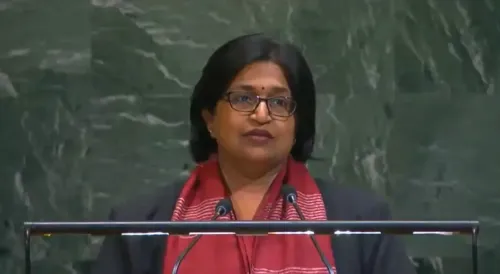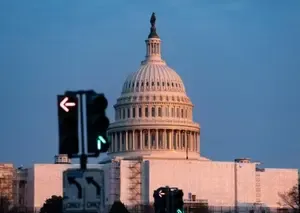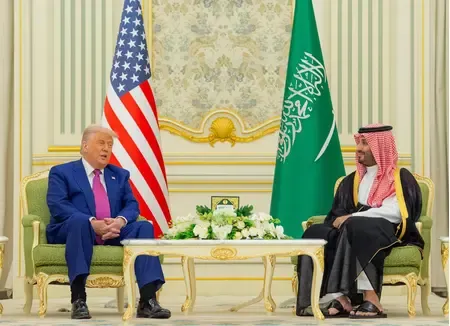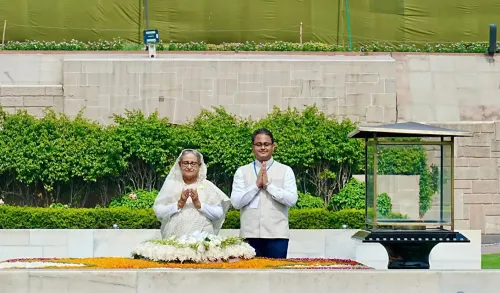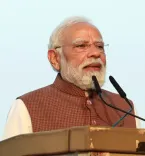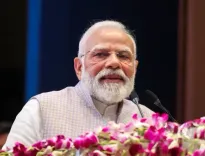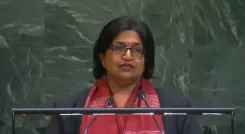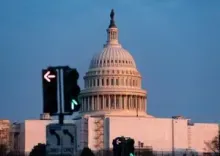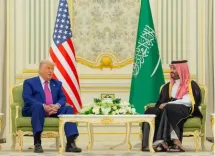Did Trump Welcome Saudi Crown Prince and Finalize F-35 Sales and Energy Deals?
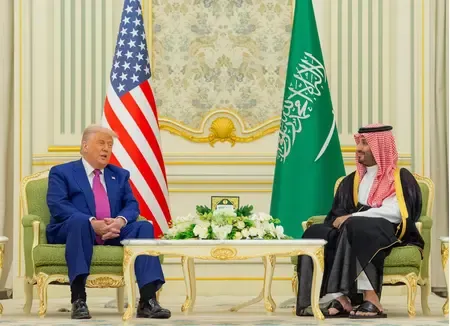
Synopsis
Key Takeaways
- Trump and bin Salman signed key agreements.
- F-35 jets and military cooperation were approved.
- Investment plans aim to boost US-Saudi economic ties.
- Saudi Arabia seeks to join the Abraham Accords.
- Regional diplomacy and strategic commitments highlighted.
On November 19, in a significant diplomatic encounter, US President Donald Trump welcomed Saudi Crown Prince Mohammed bin Salman to the White House. During this meeting, both parties formalized agreements encompassing nuclear energy, defense, critical minerals, and artificial intelligence.
As stated by the White House, they sealed deals on civil nuclear energy, a framework for critical minerals, and a Memorandum of Understanding (MoU) regarding AI.
Moreover, both leaders signed a US-Saudi Strategic Defense Agreement (SDA), with Trump endorsing the sale of F-35 jets and tanks.
This marked the crown prince’s first visit to the White House in seven years, celebrated with full ceremonial honors, including a military guard and a flyover by US aircraft.
Trump, in his welcome address, characterized the crown prince as an “extremely respected” individual and emphasized their enduring personal relationship.
During the discussions, Prince Mohammed expressed ambitions to enhance Saudi investments in the US from an anticipated $600 billion to nearly $1 trillion.
He framed this increase as a strategic commitment towards US growth, highlighting the rising demand for computing power and sophisticated chips within the kingdom.
“We believe in the future of America,” he stated, calling the opportunities “real” and driven by commercial interests. Trump appreciated this commitment, responding that the United States “appreciates it very much.”
When questioned about the 2018 assassination of journalist Jamal Khashoggi, Trump reiterated his stance that the crown prince had no involvement in the incident.
Prince Mohammed referred to the killing as “painful” for Saudi Arabia and labeled it a “huge mistake,” asserting that his government has reinforced measures to avert a recurrence. He highlighted that the kingdom has undertaken steps deemed necessary and corrective.
Addressing regional diplomacy, the crown prince confirmed Saudi Arabia's interest in joining the Abraham Accords and establishing formal relations with Israel. However, he stressed that Riyadh seeks a “clear path toward a two-state solution” before making progress.
On Wednesday, both leaders are scheduled to partake in a US-Saudi investment forum in Washington.

